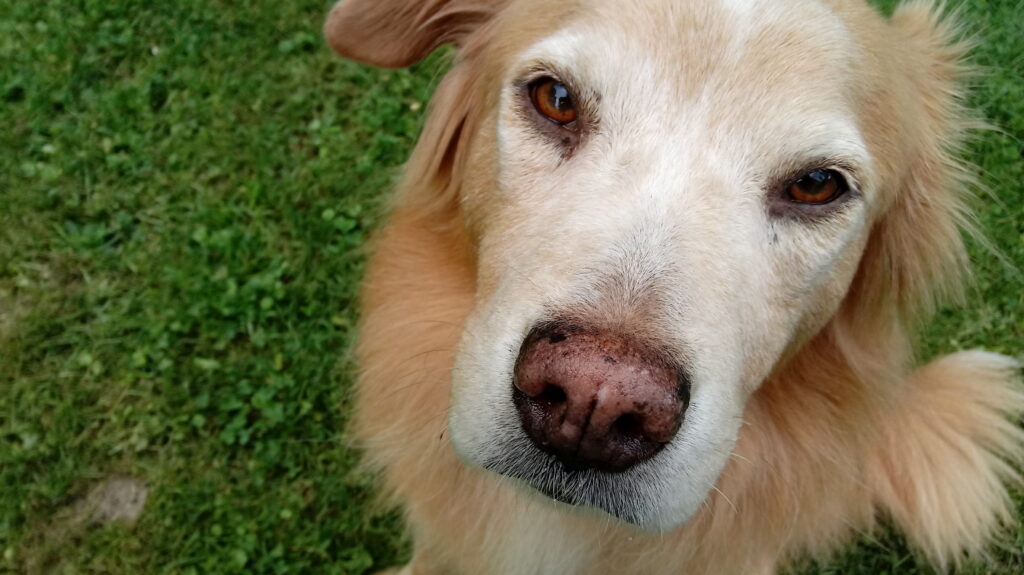 Is it only us? Are we humans the only ones to get poison ivy’s dreaded skin rash? Or do other species of animals get poison ivy? When your dog chases a rabbit into the poison ivy patch, is the dog in trouble? Is the rabbit?
Is it only us? Are we humans the only ones to get poison ivy’s dreaded skin rash? Or do other species of animals get poison ivy? When your dog chases a rabbit into the poison ivy patch, is the dog in trouble? Is the rabbit?
Humans are the worst victims of the sneaky three-leaved plant, and as far as I’ve been able to discover, humans are the only species to have such an extreme dermatitis reaction. I suppose it’s possible that penguins or goldfish are highly sensitive to poison ivy, too, but this seems to be an area of science that is amazingly under-researched.
In unusual circumstances, however, it’s possible for species other than humans to be affected, too. Guinea pigs, for example.
Guinea pigs have a remarkable biological similarity to humans, which is why they’re often used in laboratories as, well, guinea pigs. They’re especially similar to us in their immunologic responses to allergens, in fact the poor things are often used in testing allergy medications. Scientists in quest of poison ivy remedies have managed to sensitize the skins of some unfortunate guinea pigs to poison ivy.
Primates, from chimps to gorillas, are of course closely related to Homo sapiens, and a few individual primates have been known to display a reaction to poison ivy, too. In the natural course of things, they would be unlikely to come into contact with poison ivy since it doesn’t grow in their Old World native habitats. But I suppose introduced poison ivy could pop up in unlikely places—a zoo, for instance.
As far as is known, wild canids such as wolves and foxes do not react to PI (although, again, this is an area of scientific research that doesn’t seem to attract million-dollar funding.) Fur, of course, provides a lot of protection. I haven’t heard of any instances of dogs getting a rash on the parts of their body that are normally covered by fur. Be aware, by the way, that the oily and irritating chemical, urushiol, which causes the itchy rash, can get onto dog’s fur. Then you can be exposed to the urushiol when you touch the dog.
I’ve found a lot of evidence on various chatrooms and websites devoted to pets that dogs can get a rash from PI when it comes in contact with bare skin. There are posts by the dozen from dog-owners lamenting the state of their pet’s rear end after the dog used a patch of poison ivy as a rest room. Wild animals generally seem immune to poison ivy, and indeed eat it with gusto (it’s a preferred food of rabbits). Perhaps the highly processed food of domestic dogs have broken down some of their natural immunities.
So the answer is yes. Even the smartest dog can end up with poison ivy.
Itching to know more? Check out my books:
ITCH: Everything You Didn’t Want to Know About What Makes You Scratch. Poison ivy and even more fun!
In Praise of Poison Ivy: The Secret Virtues, Astonishing History, and Dangerous Lore of the World’s Most Hated Plant. Identification, tips for healing the itch, and why birds love PI–everything (and more) that you ever wanted to know about poison ivy.
Leaflets Three, Let It Be! A picture book for pre-K to Grade 3, to help the youngest explorers enjoy nature safely.






Recent Comments